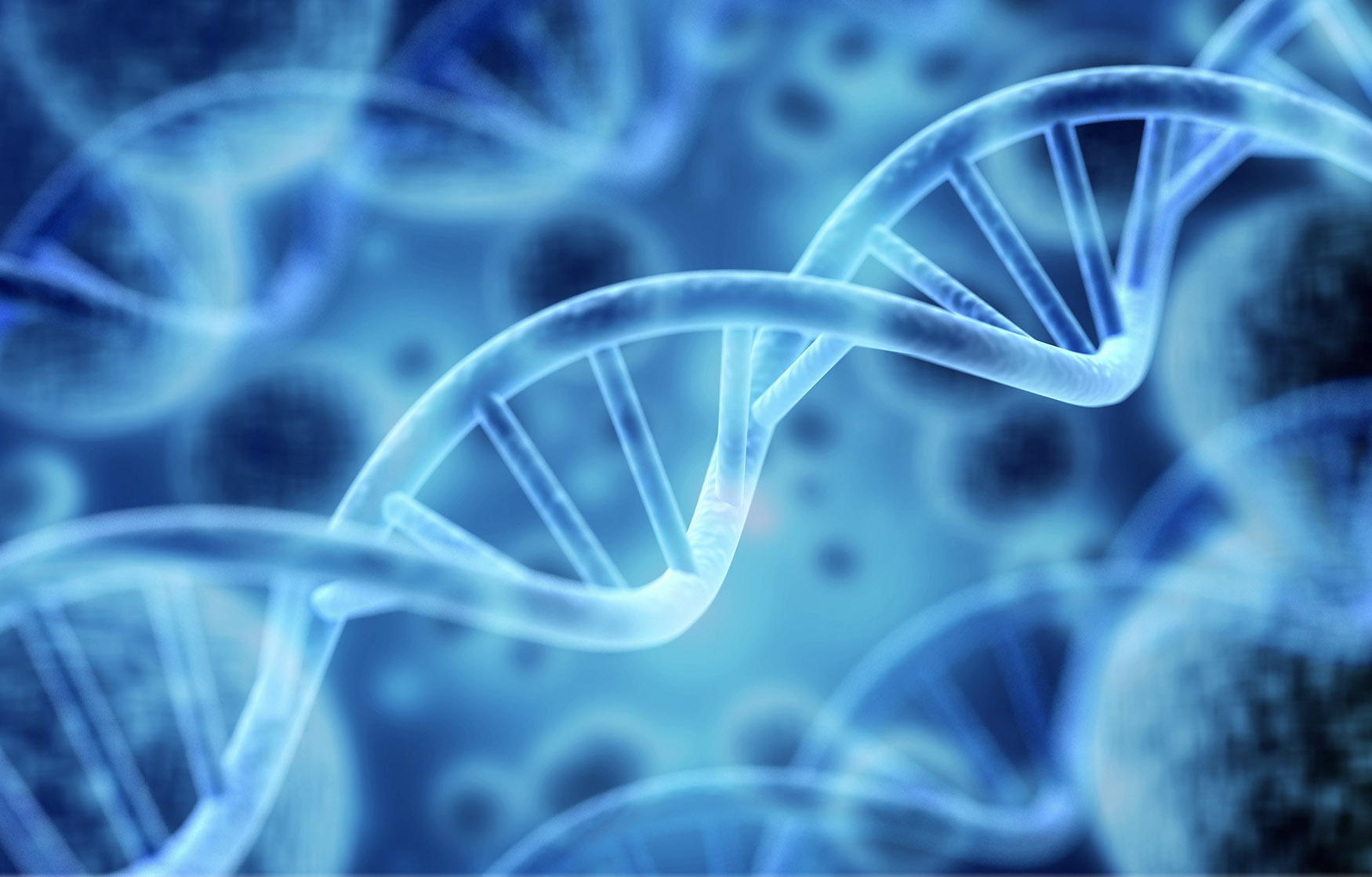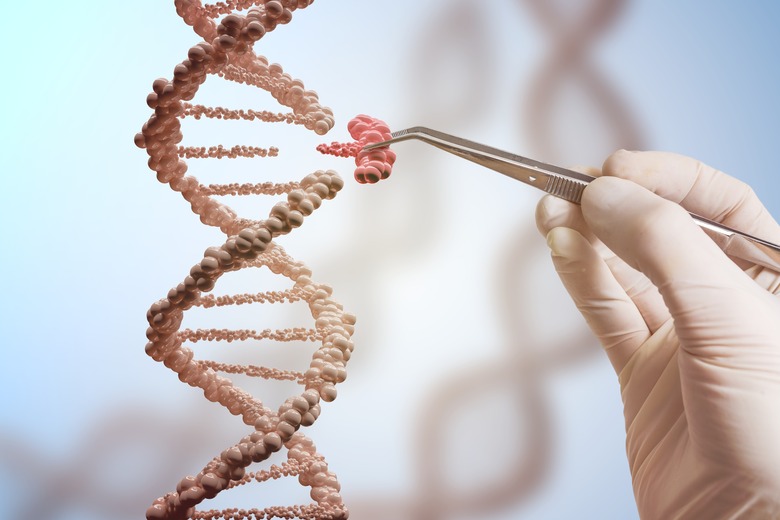Imprisoned Scientist Who Gene-Edited Babies Wanted To Transform The Human Species
The idea that genetic modification can improve humanity isn't new, but it has taken some interesting turns within the scientific community over the past few years. One of the most notable comes from the mind of He Jiankui, a Chinese scientist whose gene editing of human babies led to infamy and a prison sentence. Now, He, known as JK to friends, thinks that gene-edited humans could be the future of our species.
According to a new profile piece by The New Yorker, JK's work on genetic modification seems to be driven by one major goal – make humanity better. One big way that JK hoped to do this was by editing the genes on embryos to help avoid diseases such as cancer and even Alzheimer's and HIV. The entire thing seems almost like someone trying to play god, and JK ended up in prison for his troubles.
Now, though, the infamous scientist has returned to the world, released from prison last year, and it looks like he's already planning how to return to his work on creating gene-edited humans. But how does someone get access to embryos to try their hand at making gene-edited babies? Well, JK was clever in his approach.

For starters, he focused on finding a way to eliminate the risk of HIV and then took that focus and used it to recruit couples from HIV/Aids chats. In these couples, one partner was infected, and the other wasn't. For these couples, JK's gene editing was a real chance to have a child without worrying about HIV transmission.
Of course, the entire idea is very ambitious and certainly toes the line between morally right and scientifically too far. What's more: The current status of any of the embryos that JK has worked on in the past is still unknown, and it's unclear how his former patients are doing.
Now that he's out of prison, we'll likely see him finding new ways to advance his work in his attempts to make gene-editing humans. After all, we've already made genetically modified mosquitos, and genetically modified cats could allow us to remove their allergen-causing genes. So, it isn't surprising to see scientists looking for ways to use that power on humanity, too.
